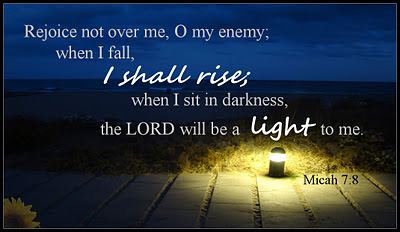Historically, Habakkuk is a mysterious figure, little to nothing is known of him. Scholars are iffy about his home town, profession, parents, or tribe. To help flesh the background of Habakkuk out, here is an excerpt from Bible.org: "Because the book of Habbakuk consists of five oracles about the Chaldeans (Babylonians), and the Chaldean rise to power is dated circa 612 BCE, it is assumed he was active about that time, making him an early contemporary of Jeremiah and Zephaniah. Jewish sources, however, do not group him with those two prophets, who are often placed together, so it is possible that he was slightly earlier than they. Because the final chapter of his book is a song, it is sometimes assumed that he was a member of the tribe of Levi, which served as musicians in Solomon's Temple." "The name "Chaldeans" derives from the ruling class that lived in southern Mesopotamia and took leadership in the Neo-Babylonian Empire. The last and greatest dyna
